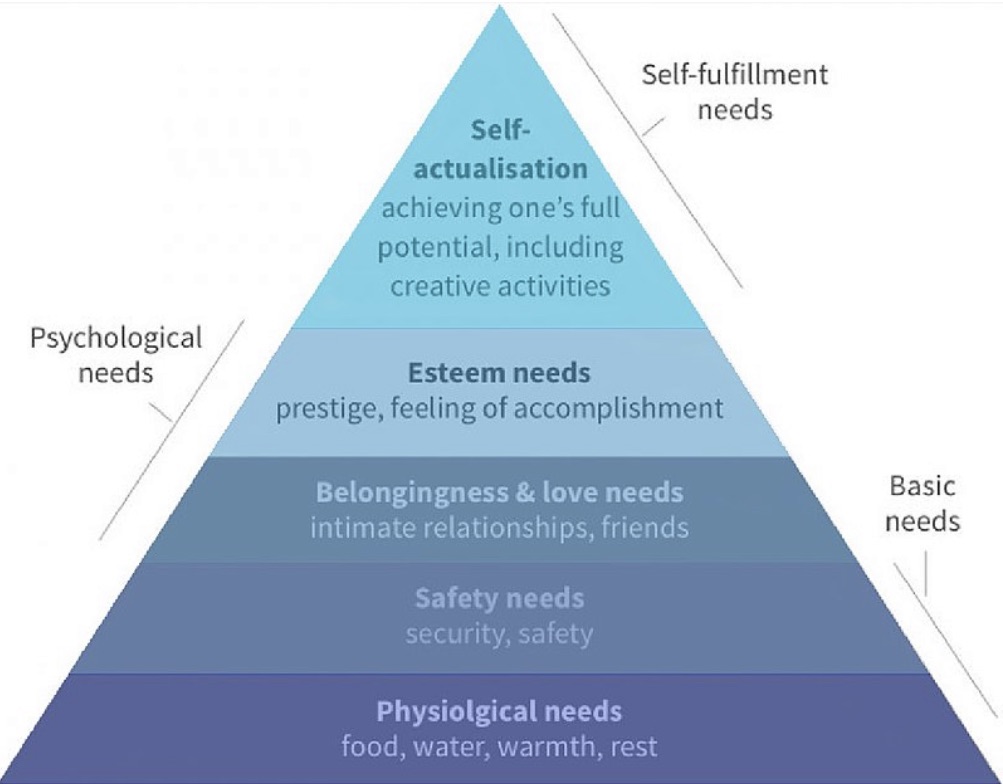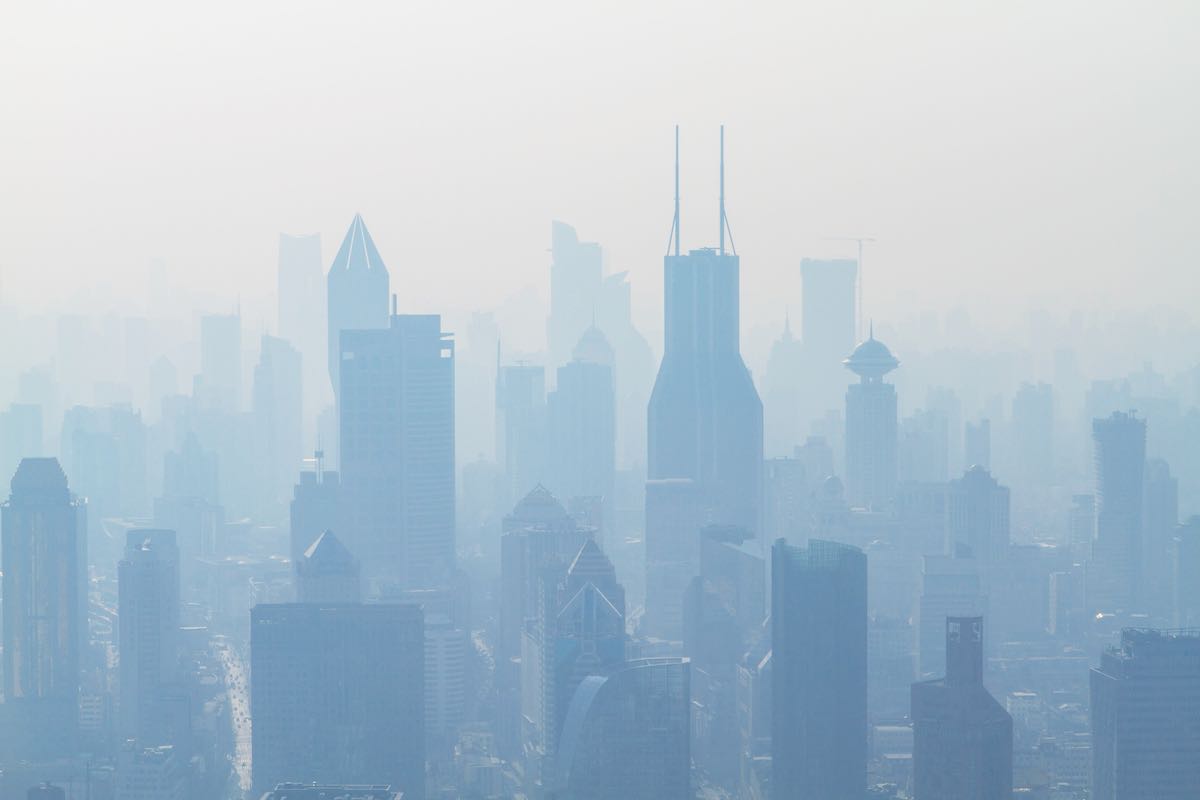Critical Industries, Issue 13


Physiological necessities:
- Food and water
- Robust infrastructure
- This Issue, Safety Needs:
- A strong, resilient, and well-supplied health care system
- Development of critical industries
- To Come: The top of the pyramid
The pandemic has revealed the weaknesses in healthcare systems around the world, not only those in Canada. Different countries share many of the same problems, the most evident being the conditions at and the understaffing of nursing homes, which have led to thousands of unnecessary hospitalizations and deaths over the past several months due to Covid-19. This has contributed to other problems such as shortages in personal protective equipment (“PPE”), hospital beds, intensive care units, respirators, medications required for intubation, the number of healthcare professionals needed to be able to manage a public health crisis, and critical delays in the treatment of other serious health problems. Even France and Italy, have been overwhelmed over the past several months despite being ranked first and second respectively by the World Health Organization for overall quality and accessibility of healthcare. Canada ranks 30th and the US, 37th. https://worldpopulationreview.com/countries/best-healthcare-in-the-world/
In Issue 8, it was suggested that countries will be judged on Coronavirus response based on preparedness for this predictable event. Some countries were ready but most were not. It now seems that final judgement will come down to the effectiveness of crisis management. Many countries have done well but others are failing, most notably the United States, Russia, and Brazil. The lack of preparedness at the outset caused global economic shutdown and required countries to pour billions of dollars / Euros / Pounds / Yen went into rapidly constructed stimulus programs to mitigate the devastating impact of the shutdowns, quarantines, & isolation strategies. Pandemic management failures will extend the economic crisis longer than otherwise would be necessary. Getting economies functioning as quickly as possible is crucial, opening too early will bring a “second [and more devastating] wave” of economic hardship as businesses are forced to close again due to uncontrollable Covid resurgence.
According to the latest figures presented to MPs, as of June 10 the federal government has committed to spend more than $5.8 billion on a series of health and safety measures such as medical supplies and research; as well as more than $153 billion on direct financial aid such as the wage subsidy, and other emergency financial benefit programs for Canadians, businesses and various sectors.
https://www.ctvnews.ca/health/coronavirus/3-months-97-000-covid-19-cases-and-billions-spent-pm-says-more-help-to-come-1.4979577
It should now be evident that one of the basic obligations of any society is to have a robust public health system built not only to handle the probable resurgence in Covid-19 cases and but also any other health crises without having to severely restrict personal freedoms and shut down economies. The Federal Government response to Covid-19 measured in dollars is about C$160 billion; Québec is forecasting a 2020-2021 budget deficit of about C$15.0 billion and since it had been in a surplus position the last several years the cost of the pandemic is closer to C$17.5 billion; it is expected that Ontario’s budget deficit will double to over C$40 billion indicating that its response will cost C$20 billion. All of this money has been shovelled out the door with little debate or oversight and will generate waste and the opportunity for administrative, corporate, and personal corruption. I have no argument with the necessity for most of this spending given the current context but I can’t help but think that if these funds had been carefully invested to build heath care and economic resilience before this inevitable pandemic, there would not have been the need to put money into a myriad of programs that invite waste.
Needed:
- Covid-19 has had its most devastating impact on vulnerable populations living in congregate care. It seems obvious that improved standards, better management and increased investment in this sector would be an effective way to save lives and to take pressure off of other healthcare resources and assets. I certainly don’t have the required expertise to make specific recommendations but crisis plans should have included proven tactics used in under-developed countries for epidemic management and it is clear that many long-term care facilities and seniors’ nursing homes are understaffed.
- Investment in the development of excess general hospital capacity in cases of epidemic, pandemic, or disaster. This could include a plan to use hospitality facilities to meet a surge in hospitalizations. The conditions of acute care facilities will differ in every jurisdiction. I live in Montreal which is fortunate to have two of the newest and most modern hospitals in Canada, the Centre Hospitalier de l’université de Montréal and the McGill University Health Centre. Additionally, the Jewish General Hospital has been able to keep pace due to a combination of incredible fund raising prowess and good management. The rest of the general hospital network is old. Successive governments have only invested enough to barely meet usual every-day network requirements without any real planning for crisis.
- Investment in ensuring that there is self-sufficiency in medications, emergency medical equipment such as respirators, medical disposables, and PPE. There should be policy to ensure domestic manufacturing of as much of these necessities as possible by Canadian-owned companies. There should be strategically located “just-in-case” stockpiles of these materials rather than having to rely upon just-in-time deliveries. In a recent opinion piece in the National Post, Diane Francis praised Jason Kenny of Alberta for pursuing deeper integration with the United States in manufacturing medical equipment. That is a wilfully stupid as the current pandemic has clearly illustrated that we cannot depend on anyone during this global health crisis as evidenced by the 3-M and N-95 face mask debacle, the international hi-jacking of PPEs, and the US attempt to buy up a promising German vaccine for its exclusive use. Just today, the US administration thumped its chest for buying up the world supply of Remdesivir. Is there a better argument for counties to tear up patent agreements for prescription drugs?
- Investment in healthcare personnel — not only do we need more doctors and nurses to care for a growing population but also various therapists, orderlies, and support staff. The investment has to include provisions for fair pay and good working conditions.
- Where possible, all businesses need to have robust contingency plans to keep operating with minimal financial assistance.
Critical Industries:
In this and in previous issues I have made the case that we need to develop independence when its comes to food production, energy, and control of water resources. It is also critical to have healthy industries that can produce the medical necessities including pharmaceuticals. Other critical industries are more difficult to delineate but should include:
- Telecommunications – necessary to allow working remotely, video-conferencing, exchange of information and contracts, payment networks including point-of-sale payments.
- Domestic financial institutions – Canada has been well served during this pandemic
- Technology & aerospace
- A national airline: this is a politically charged discussion in Canada as it would be difficult to support Air Canada and abandon WestJet. Given the size of the country, we rely on air travel and while the focus of this and the previous issue has been about what industries we need to de-couple from global dependencies, I hope that international trade will continue to flourish.
There are some industries that are critical by destination. We need roofs over our heads and places to work and shop, so real estate is critical. However some inputs are not critical It may be nice to enjoy an Italian-made kitchens but there are domestic options.
Examples of things that are not critical:
- A new car every two or three years
- A wardrobe change every season
- New furniture & appliances
The delineation of critical industries requires much more research and consideration and will be a topic for a future issue. In the meantime the same reminders: Shop local, support local businesses, buy from local farms, and support local artisans and manufacturers. As always, wash your hands, practice social distancing, hydrate, and exercise.





